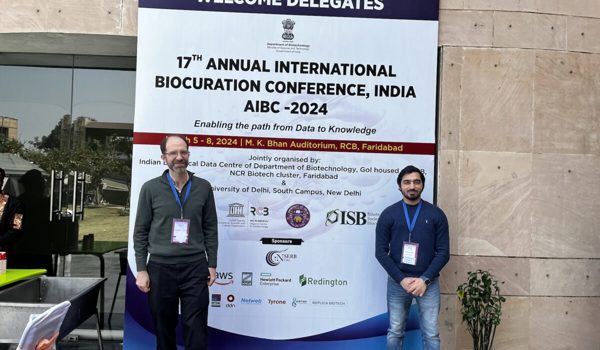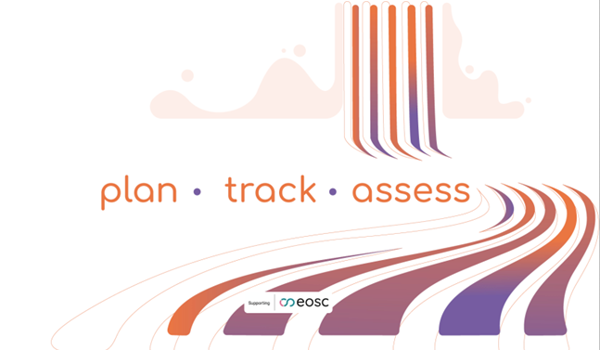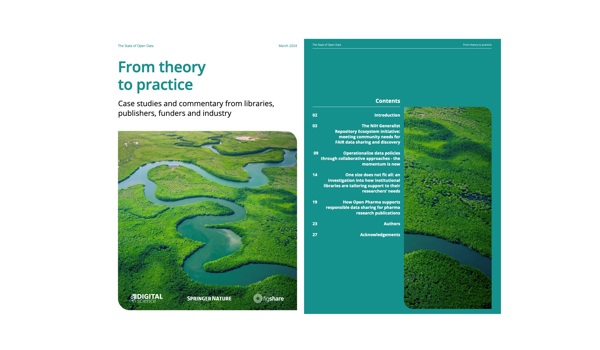15 Oct 2019
Transforming the culture of data science
An online handbook – and global community – dedicated to fostering gold-standard reproducible research

The Turing Way is an online handbook, and global community, dedicated to fostering gold-standard reproducible research
The Turing Way is an online handbook – and global community – dedicated to fostering gold-standard reproducible research. It’s a cultural movement with the potential to transform data science The crisis of reproducibility in science is well known. The combination of ‘publish or perish’ incentives, secrecy around data and the drive for novelty at all costs can result in fragile advances and lots of wasted time and money. Even in data science, when a paper is published there is generally no way for an outsider to verify its results, because the data from which the findings were derived are not available for scrutiny. Such science cannot be built upon very easily: siloed science is slow science.
That’s one of the reasons funders and publishers are beginning to require that publications include access to the underlying data and analysis code. It’s clear that this new era of data science needs a new cultural and practical approach, one which embraces openness and collaboration more than ever before. To this end, a group of Turing researchers have created The Turing Way – an evolving online “handbook” on how to conduct world-leading, reproducible research in data science and artificial intelligence.
It is also a global community of research engineers, data librarians, industry professionals and research experts in various domains, at all levels of seniority, dedicated to capturing and sharing research best-practise, tools and data. The moonshot goal of the project is to make reproducible research "too easy not to do". “The reuse of other people’s data provides useful insights for new research questions and products, and drives new scientific discoveries” says Susana Assunta Sansone, Associate Professor in Data Readiness at Oxford e-Research Centre.
The project launched in December 2018 and is headed by Turing Research Fellow Kirstie Whitaker, Theme Lead for Practices within the Turing’s Research Engineering Programme. “Changing research culture is no small thing,” says Whitaker. “It's wonderful that The Turing Way is a project: it’s an investment from the Turing in a traditional academic environment that doesn’t place enough value on openness.”
This story is based on a full article written by Sean O’Neill for The Alan Turing Institute website.




